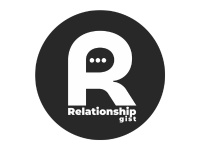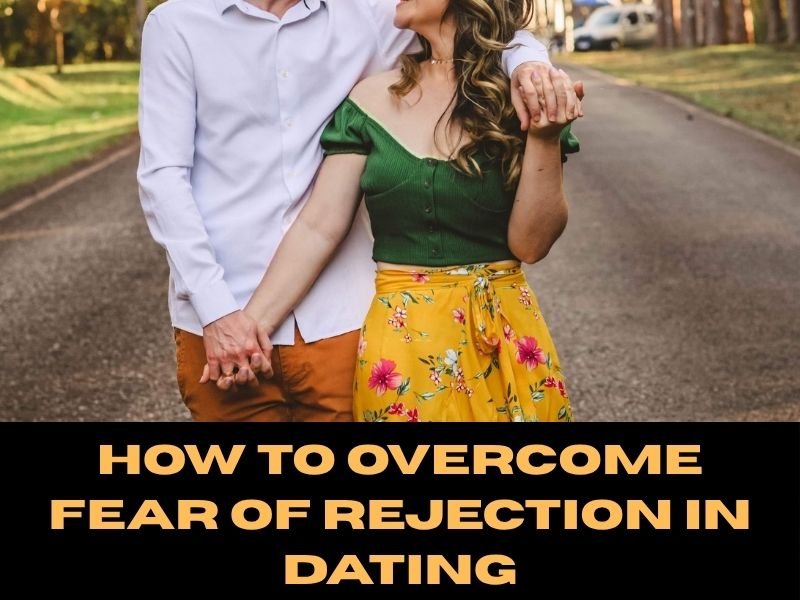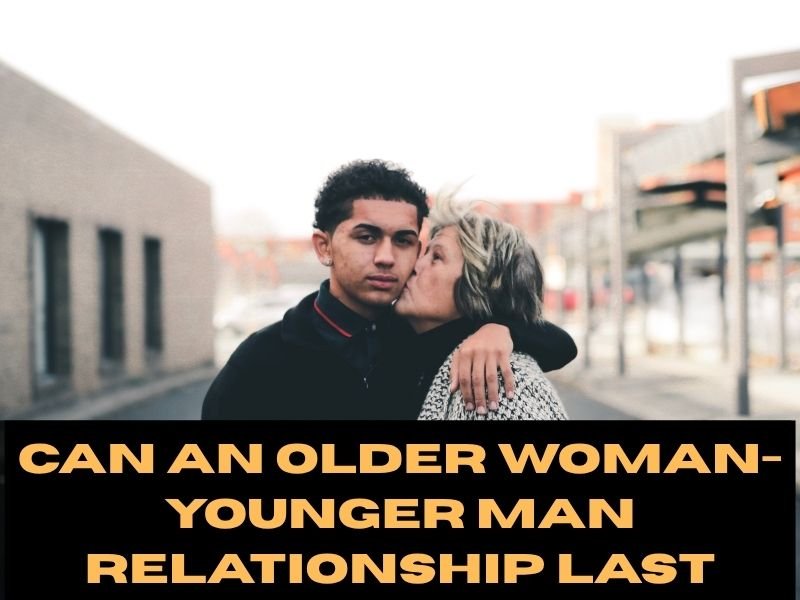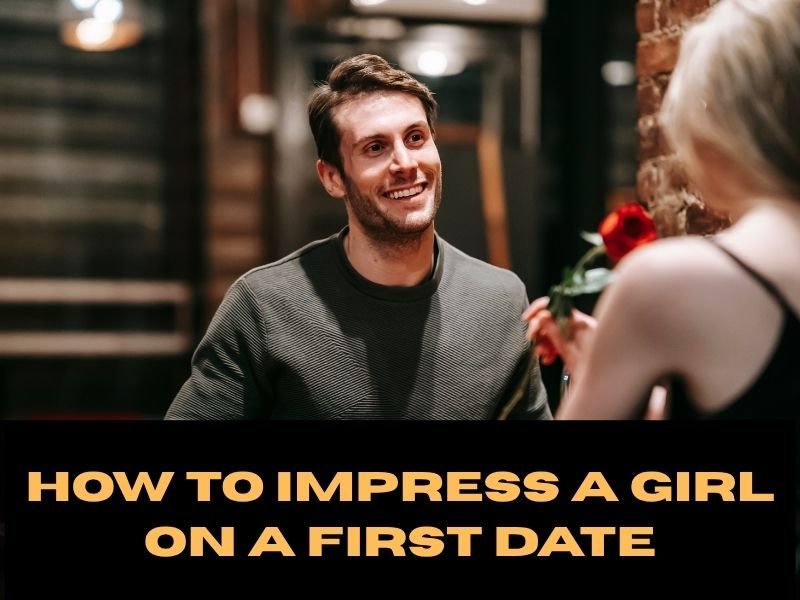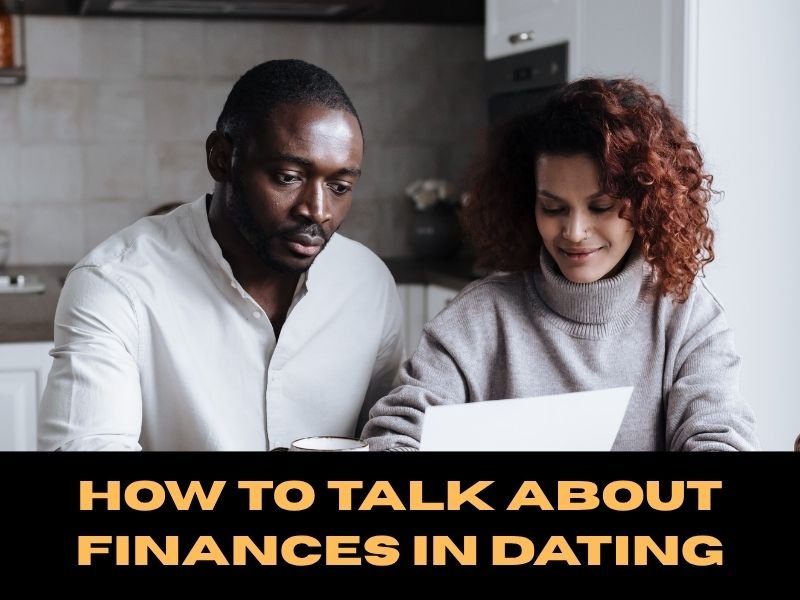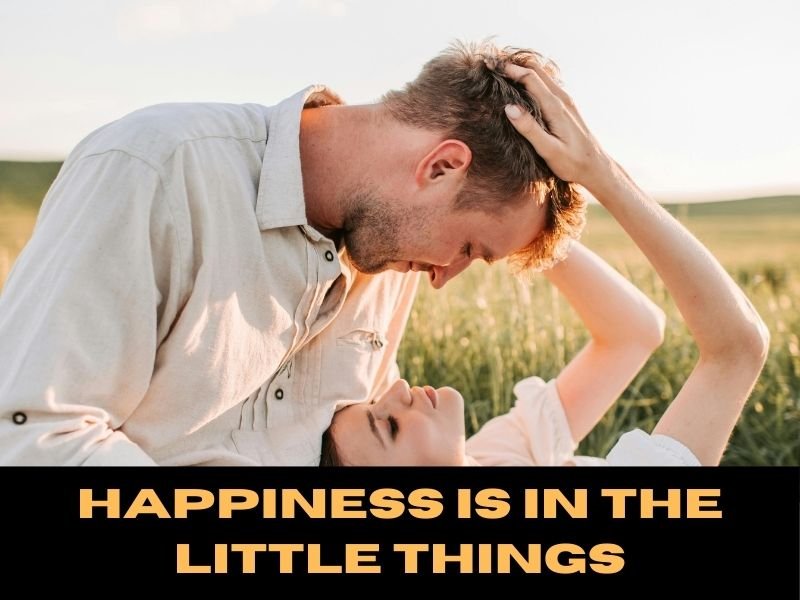Fear of rejection is an emotional distress or anxiety that you will experience when you fear being rejected, ignored, or not reciprocated romantically by someone you are interested in having a relationship with. This fear often causes people to be hesitant, not ask others out, or to settle for an unfulfilling relationship in order to avoid the emotional pain that comes with it. This is a human reaction rooted in the need to belong and be accepted by others. When this fear overwhelms you, it can hinder your dating and personal growth.
Imagine someone at the edge, about to perform on a stage. They tremble their hands, race their heart, and wonder “What if someone laughs at me?” Fear of rejection in dating is the same as stage fright, except this time, your stage is your heart. As performers have to step out despite their nerves, those who are seeking love must learn how to do the same.
Why You Take Rejection Personally: The Psychology Behind the Pain
It hurts when someone does not reply to a text, cancels a plan, or just says that they aren’t interested. Even though we understand that we should not be taking it personally, we still feel it. Why? Rejection can affect our self-worth. It taps into those insecure thoughts that we try to bury. Am I not attractive enough? Did I say something wrong? What if no one wants me ever again?” This is not just you being dramatic; it’s how our brains work.
Imagine your brain as a drama queen. Your brain shouts “We are not lovable!” when someone says “no.” “We are doomed!” This is like stepping on a Lego, and your whole body screams with pain. It may be a small thing, but it seems huge. This is because the same area of your brain that processes physical pain lights up when you are rejected. Your brain treats the message “Sorry, I don’t feel a spark” like it was just hit by a car.
How Fear of Rejection Sabotages Your Dating Life Without You Knowing
Fear of rejection is not always manifested as visible anxiety or panic. It can be subtle, making you doubt yourself, avoid expressing your interest, or settle for relationships that don’t fulfill you. You may convince yourself that someone is “outside your league” or tell yourself not to message someone you are attracted to. It’s not a lack of compatibility that’s holding you back, but the fear of “no.”
Imagine a job candidate who is qualified but never applies to their dream position, because they believe they will be rejected. While they watch others progress, they remain stymied. The same principle can be applied to dating: Fear of rejection can lead to emotional paralysis. You start avoiding risks, without realizing you are also avoiding happiness, intimacy, and real connection. This fear has a hidden but profound impact.
7 Toxic Thoughts That Feed Your Fear of Rejection, and How to Let Them Go
You must confront the thoughts that are silently causing you to fear rejection. These thoughts are often heard as internal whispers, such as “I am not good enough,” “They are just being polite,” and “I will embarrass myself if I attempt.” If they are not checked, these thoughts can become self-fulfilling. If you are afraid of rejection, then you will either avoid taking action or act out of fear. First, you must recognize these lies as they are: distorted ideas and not facts.
Here are seven toxic thoughts that you may have:
-
They won’t like someone like me.
-
I always get rejected.
-
I’m not right.
-
If I get hurt again, I won’t recover.
-
To be loved, I must be perfect.
-
Just wait for them to arrive.
-
They are out of my league.
Negative thoughts can stifle your dating confidence, just as weeds rob a garden of its life. Gardeners don’t fight weeds; they remove them. You must also learn to challenge your thoughts by observing them. Replace I’m not good enough with I am worthy of love even if no one chooses me.. This mental shift will help you regain your emotional power.
Proven Steps to Overcome Fear of Rejection and Build Dating Confidence
Alright–let’s get practical. Now that you’ve dealt with the fear and identified the harmful thoughts, it’s time to take action. It’s not about being fearless, but about knowing how to behave even when you are scared. Confidence is not something that just appears. It’s built by taking small steps to push yourself outside of your comfort zone.
Here are some real steps that work:
-
Begin small. Introduce yourself to someone new, send a compliment, or post a message on the internet. It creates momentum.
-
Be curious, instead of assuming. A person’s lack of interest in you is not an indication of their dislike for your whole being. It’s a mismatch.
-
Don’t just celebrate the result, but the effort. Showing up is a sign of courage, whether it was successful or not.
-
Practice positive self-talk. Seriously. Speak to yourself as you would your best friend.
Confidence is like going to the Gym. You can’t just walk into the gym and expect to get six-pack abs. You show up every day, even if it’s a drag, and you get stronger over time. Dating is the same. Each small risk is like a workout for your emotional muscles. Rejection may hurt, but it is not a stop sign. It’s simply one rep missed on the way to something better.
Rejection-Proof Mindset: How to Build Emotional Resilience in Love
To truly overcome rejection fear in dating, it is not enough to have temporary motivation. You need a mindset that can endure the ups and downs of human connections. It doesn’t mean that you will never be hurt, but it does mean you are anchored to your self-worth no matter what others say. This mindset allows you to remain open, honest, and present even when the outcome of your actions is uncertain.
Three key elements are required to develop this mindset:
-
Accepting yourself: Understanding that your worth is not determined by the opinion of others.
-
Detachment of emotion from the outcome: Care about connection, but not letting the results define self-esteem.
-
Focus on growth: Viewing each experience, whether positive or painful, as a step in the right direction.
Imagine a public speaker who is seasoned. They may encounter blank stares and critical feedback even after years of practicing. They don’t stop talking. Why? They no longer measure their value by the reaction of an audience. They arrive with clarity, confidence, and purpose. The same applies to dating: Build your inner strength, so that no rejection will shake your core. You don’t become stable because everyone says “yes” but because you are no longer afraid to hear a “no”.
From Avoidance to Action: How to Date Boldly Without Fear of No
Avoidance is one of the best ways to combat rejection anxiety in dating. Instead, take consistent and intentional action. Avoidance is often a form of self-protection. In reality, however, it can trap you in a vicious cycle of missed opportunities and hesitation. The fear increases each time you avoid a situation, and even small interactions can feel intimidating. Even when you feel uncomfortable, taking action signals to your brain that the risk is manageable. Your self-worth does not depend on the outcome.
Setting small, achievable goals is a practical way to overcome rejection. For example, you could start a new conversation every week, send a compliment, or attend a social gathering where you meet new people. These small steps will build momentum over time and help you reduce the emotional impact of rejection. Imagine a swimmer with a fear of deep water. The swimmers start in shallow water and gradually move deeper until they no longer feel threatened. Each bold step that you take in dating builds your resilience. “No” becomes less intimidating, and “yes” is more achievable.
Real-Life Reframes: How to Interpret Rejection Without Losing Your Self-Worth
The truth is, rejection only feels like the worst thing in the world when you react to it as such. It’s usually not your fault that you are “not good enough”. Rather, it is about timing, compatibility, or another person’s preferences. Our brains are prone to jumping to the worst conclusion. You can, instead of spiraling into a downward spiral, train yourself to see rejection as useful feedback. It’s a sign that you are actively dating and putting yourself out there.
Consider dating as trying on shoes. When you put them on, the shoes may look great on the shelf, but they might pinch your feet or feel uncomfortable. It doesn’t necessarily mean that your feet are damaged, but just that the shoes don’t fit right. It’s the same with dating. It is a good thing if someone does not choose you. They simply were not a match for you.
How to Practice Safe Vulnerability and Still Put Yourself Out There
You don’t have to share every detail about your life’s journey when you start dating or seeing someone new. It’s about being vulnerable enough to make a connection, while still protecting your emotions. You can stay authentic while not feeling exposed. This allows you to gradually build trust, which will reduce the pain if things do not work out.
Imagine a castle that has a drawbridge. The drawbridge does not stay down for all who pass by. It lowers slowly only for those who can be trusted. Safe vulnerability is the same in dating. As mutual respect and interest develop, you gradually reveal more of yourself. You can be fully involved in the dating process while maintaining your emotional safety.
Dating With Confidence: What to Say, Do, and Think When You Feel Rejected
It is less important to avoid hurt than it is to respond in a manner that preserves your dignity and respect for yourself. Refrain from overanalyzing or seeking endless explanations when you hear “no”. Keep your cool, be polite, and thank them for their honesty. It will not only leave a positive impact, but it will also strengthen your sense of self-respect.
Imagine an athlete who has lost a game. They often don’t dwell on their loss, at least not for too long. Instead, they shake, look at what they can do better, and prepare for the game. Adopting the same mindset in dating will ensure that rejection is only a small part of your story and not its definition. You can turn every setback you face into a source of growth by speaking positively to yourself, maintaining confidence, and remaining open to new possibilities.
Conclusion
It’s not about never being told “no.” Instead, it’s about changing how you react when rejection occurs. Understanding the psychology of rejection, challenging toxic thinking, and taking deliberate action will help you develop the resilience to move forward. Each experience you have, regardless of whether or not it results in a relationship, is part of your self-discovery and growth.
Rejection isn’t a reflection on your value. It’s just a redirection to someone better suited for you. You will lose more power over it the more you reframe, stay vulnerable, and remain confident about your worth. The people who find true love aren’t the ones who avoid rejection. They are the ones who show up and keep trying, knowing that each “no” is a step closer to finding the right “yes.”
